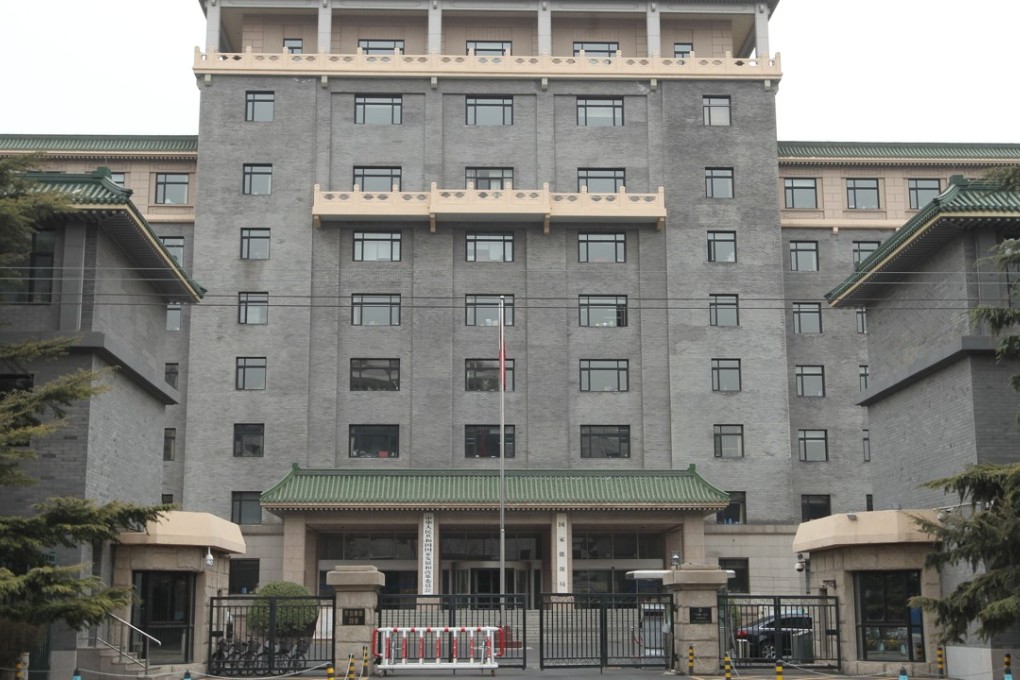China tightens funding for real estate and infrastructure firms, limits use of offshore bond proceeds
Chinese developers have used offshore notes mainly for refinancing this year

China has moved to limit the use of proceeds from offshore bonds sold by developers and local government financial vehicles. In a statement late on Wednesday, the National Development and Reform Commission, which regulates companies’ foreign debt sales, said proceeds from offshore note issuances should be used to repay existing debt, instead of investing in domestic property projects and replenishing working capital.
Some [firms]with small operating revenues and profits have registered outsized bond quotas that amount from US$500 million to billions
“We have noticed that some firms, especially real estate companies and local government financial vehicles’ issuance of offshore notes has increased in the past two years. Some with small operating revenues and profits have registered outsized bond quotas that amount from US$500 million to billions,” the NDRC said, in a move that squeezes one of the few remaining funding channels for such companies.
“Developers’ funding conditions remain tight, not only because of stricter regulation, but also because of the increase in financing costs and weakened investor sentiment,” said Franco Leung, senior vice-president of corporate finance group at international ratings agency Moody’s.
Leung said the limits for Chinese developers were granted by NDRC on a case-by-case basis, with the commission assessing their planned use of proceeds before granting approvals. Chinese developers have used offshore bond issuances mainly for refinancing this year.
The developers’ refinancing risk has become a focal point as they face bond payments of US$77.4 billion in the domestic and overseas markets through to 2019, according to Bloomberg.
Country Garden Holdings’ 5.125 per cent 2025 bond fell by 0.8 cent to reach 89.6 cents on the dollar at 9.40am in Hong Kong, a record low. China Evergrande Group’s 8 per cent 2025 bond extended its decline to 89.9 cents, an all-time low.
Offshore financing is among the few funding channels still open for Chinese builders and local government financial vehicles, entities that finance infrastructure construction, with the Chinese government tightening access to the shadow banking sector since late last year.